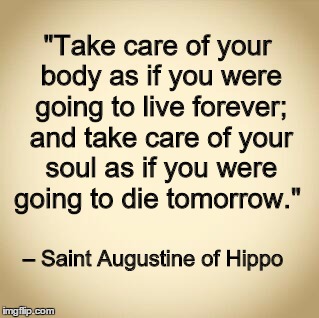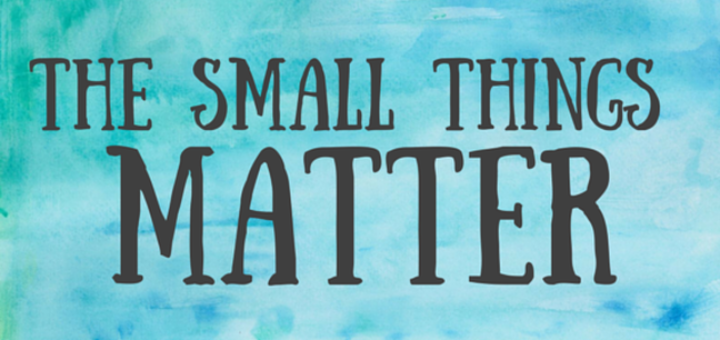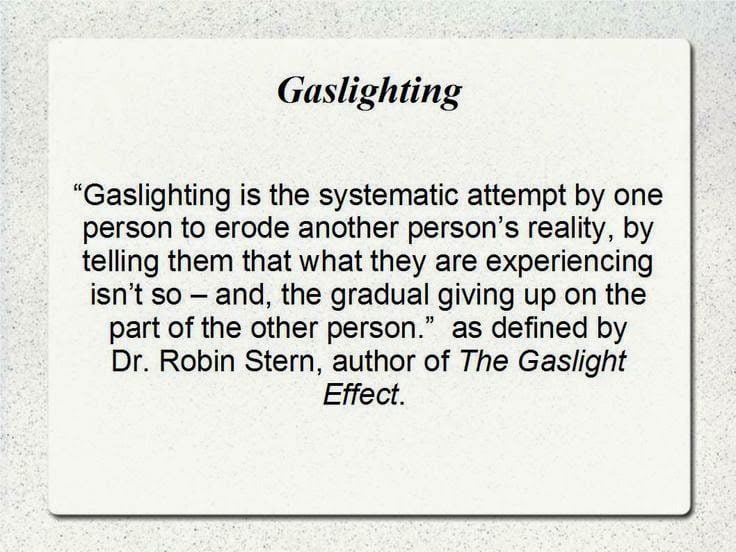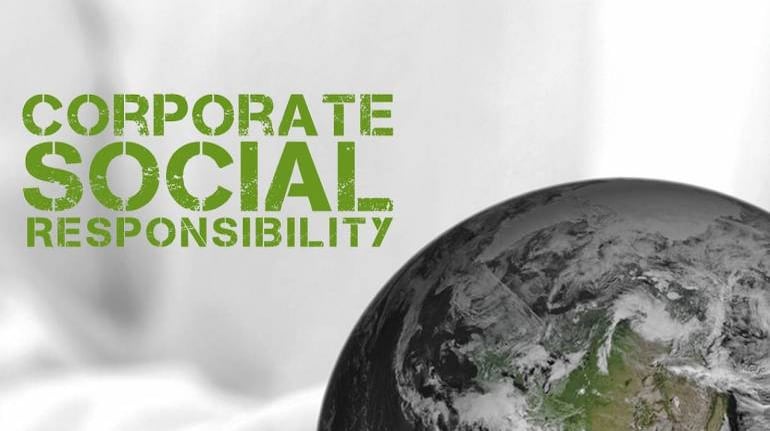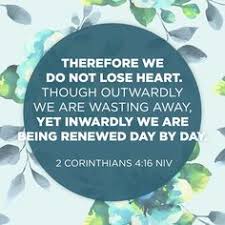The professor introduces the book: Tuesdays with Morrie, a memoir by Mitch Albom on visits to his former sociology professor as he was dying of Lou Gehrig's disease. The former student asks Morrie if he had 24 hours of complete health what would he do. Morrie replies very simply: he would do what he has done on an average day, eat lunch with friends, and go for an evening walk.
Mitch the former student asks again how about something classy like a trip to Italy or having a meal with the president, something of that order. He responds: "No, that's it." He only desired the ordinary daily life that he lived.
That was the whole point. And the writer would like also to have the same desire and she reminds us that Morrie was a sociologist. What do you say? Would you change being with your loved ones to have a meal with Warren Buffett?
Most of us would agree that on our last day we would desire our ordinary daily life. The wisdom tells us what is closest is often the most important and we miss them for one reason or another and the thought remains to bother us.
The coronavirus has made us think. As it spreads throughout the world it changed our daily lives. Many have confessed that it enabled them to see the preciousness of life. It's like the many things we have received gratis and carelessly let them disappear into the past without appreciating their value and look back with regret.
It is difficult to bring to mind the things that have hurt us. Let us recall the Sewol Ferry disaster and the parents of the students that died. What are the things that the parents remember the most vividly? They remember the children's laughter, preparing their lunches, the times they scolded the children. On the 6th anniversary, parents said they would so much want to open their eyes to see their child. They desire to hug their child and tell them how much they loved them. Hearing the parents speak of their children brought tears to the eyes of the writer.
With time we forget. We live as if we will live forever and although we know what should be done frequently we don't do it. If we want to diminish the future regrets we have to work to see the preciousness of our daily life and take time to experience deeply what we are doing.
When we go on a journey we usually enjoy what we are doing because we know the limitation of time. Life is also a limited time to enjoy what we are doing but we often end up postponing. We take for granted that we will have another day until something that has been put off needs to be done and we panic. We should be living our lives as if we were on a journey.
Did you spend the day without being affected in any way? Did you fail to see anything of beauty today? Did you spend the day without learning anything? Did you pass the day without once saying thank you? According to the professor if the answer was yes you need to have some training on how to appreciate life. You need the ability to enjoy what is found in our daily life. It just doesn't happen automatically. Think about today being the last time you will be doing something.
We can think this way without seeing death as the end which is a great privilege. If we see spring passing too quickly and feel regret is it not that we have not lived as we should? And she concludes by telling the readers to fill their lives with more gratitude and beauty.
